We are quickly approaching the fourth anniversary of my daughter’s adoption from China. She has changed so much since then! She’s a walking, talking, eat-as-much-as-a man, slobbery-kiss-giver, silly girl. As I look back at all the progress she has made, I also realize that I have grown a lot along the way. My viewpoints on several topics have changed with my lived experience and the mistakes I’ve made. I answer questions about adoption differently and the advice I give has shifted. For those of you who know an adoptive family or are considering it yourself, I thought I’d share some of the things I wish I knew before our international adoption (though many of them apply to domestic newborn adoption and foster care as well).
If you aren’t familiar with our story, I encourage you to check out the Our China Adoption Journey page. And for ideas on how you can afford adoption, check out my Adoption Fundraising and Grants page.

Pin me!
The Developmental Impacts May Be More Time Consuming Than the Medical Diagnosis
China is a special needs adoption program, as are many other international programs. While the qualifications for this designation differ from country to country, there should be careful consideration put into the inevitable challenges that come with parenting kids with mild, moderate, or severe diagnoses. Though we spent a lot of time poring over the potential medical care we might need and making sure we had insurance coverage, we underestimated the day-to-day impact of the developmental effects of trauma and institutionalized care would have on our child.
Our agency emphasized that speech/language, fine and gross motor, and sensory processing delays were extremely common among internationally adopted kids. I’ll admit that because my older son was in speech and OT and I used to work at a pediatric speech and hearing center that I thought I understood what this meant. This experience allowed me to know where to turn for help after my daughter came home, but it did not prepare me for the years of therapy appointments and gradual progress to come.
While every child is different and will have varying needs, every parent of internationally adopted children I know has spent a significant amount of time addressing developmental delays. I encourage prospective adoptive parents to know their insurance coverage for speech, occupational, and physical therapies. You should also familiarize yourself with pediatric providers in the area and know how to initiate the individualized education plan (IEP) with your school system. In my opinion, these things are just as important as the plan you make for medical needs.
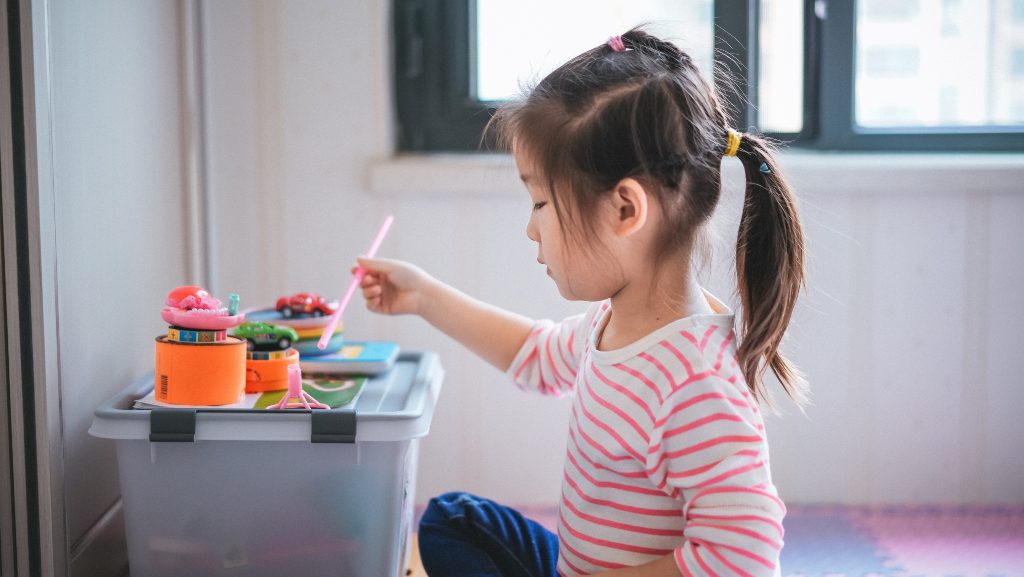
International Adoption Leave Should Be at Least As Long as Maternity Leave (Maybe Longer…)
There were a lot of things about international adoption I was naïve about, but this might be the biggest area of ignorance. I remember having conversations before bringing our daughter home about how I was thankful I would miss the sleepless newborn nights. While I intellectually knew there would be challenges with bringing home a toddler, I didn’t fully comprehend the time it would take to get everything settled.
Spoiler alert: Things are never really settled when you have kids. Especially ones who have experienced trauma.
I used all the paid time off I had accrued and took the rest of the 12 weeks unpaid. This included travel and time at home. Essentially, I had 10 weeks to acclimate my daughter to a new country, language, foods, people, smells, and then prepare her to be dropped off for the majority of waking hours in a group childcare setting. Did I mention that I also needed to have all of her therapy appointments set up and scheduled in a way that allowed one of us to get her there and back during business hours? And we had another child with things to do.
Paid parental leave is something that the United States has lots of room to approve upon. And I wholeheartedly believe it is necessary for biological children. After experiencing giving birth and bringing home an internationally adopted child at 18 months, I know that the latter would have benefitted the most from a longer leave. Again, every child and situation is different. Despite my best efforts and an accommodating daycare, our daughter took a giant step backward when I went back to work.
That’s why we made the difficult decision to quit my job only a couple of months after I returned. It was the right decision for us and not something that is plausible for many families. I say all of this not to dissuade working parents from adopting, but to give you time to consider all options for childcare and leave before the need presents itself. Adopting an older child does not mean you need less time off than giving birth. In fact, you may need more.
Read more about the moment I knew God told me to leave my job here.
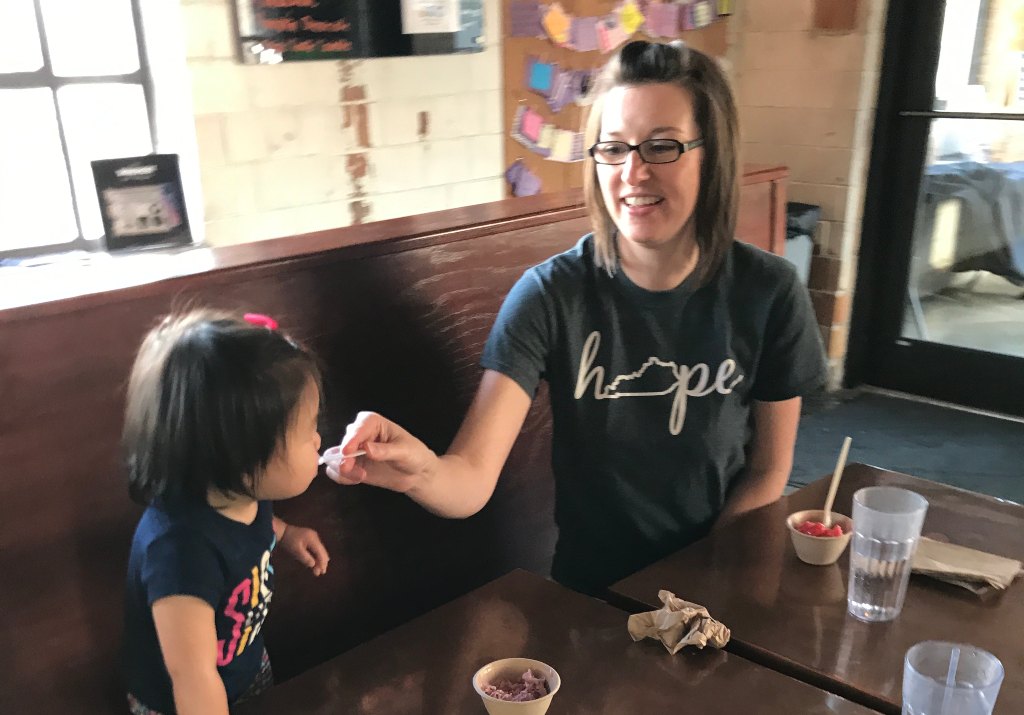
I Want to Go Back to My Child’s Home Country
We spent two weeks in China for our adoption trip. While we had lots of opportunities built in for sightseeing, it was not exactly a vacation. I spent the first day or so recovering from the effects of jet lag and a “natural remedy” for it (I DO NOT recommend No Jet Lag…), then we had a traumatized 18 month old in tow. It was difficult to fully enjoy the sights when you are concerned about bonding with your new child and navigating the legal process.
But I am so happy that we visited places and took photos to remember and show our daughter. China has so many beautiful areas, busy cities, and wonderful food. The small taste we got is enough to make me long to go back one day when my daughter can appreciate it as well. Start saving now!
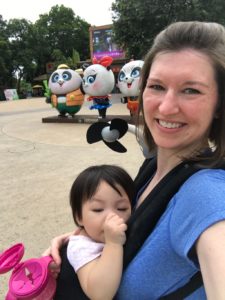
The carrier was a must while in China, but I’m not going to pretend it was the best circumstances for sightseeing.
Maintaining Culture is My Responsibility in Adoption
During our home study training, we were required to read about Chinese history. I didn’t know much about it and will admit I didn’t retain hardly anything. I imagine that most international adoption agencies provide something similar for the country your child is from, and they should. But being able to recite political leaders for the last few centuries won’t make or break your child’s future. However, being familiar with their culture is important and it is our job as adoptive parents to make sure this happens.
I often imagine my daughter finding friends with Chinese parents or being invited to a real Chinese New Year celebration one day and feeling uncomfortable because she doesn’t belong. If my daughter doesn’t know how to eat with chopsticks or the significance of red envelopes, whose fault is that? If she’s never heard of the Mid-Autumn Festival, that is on me. While I’m certain to fumble my way through traditions that aren’t my own, it is absolutely our responsibility as parents to expose our kids to the cultural experiences they are missing.
This is where knowing and being in relationship with native Chinese people is critical. I wish I had spent some of the time waiting for an adoption match seeking out a community of mentors in this endeavor. Knowing where the Asian grocery stores are, which restaurants are the most authentic, and attending local events before my child came home would have made it much easier to incorporate these things into her life with us.
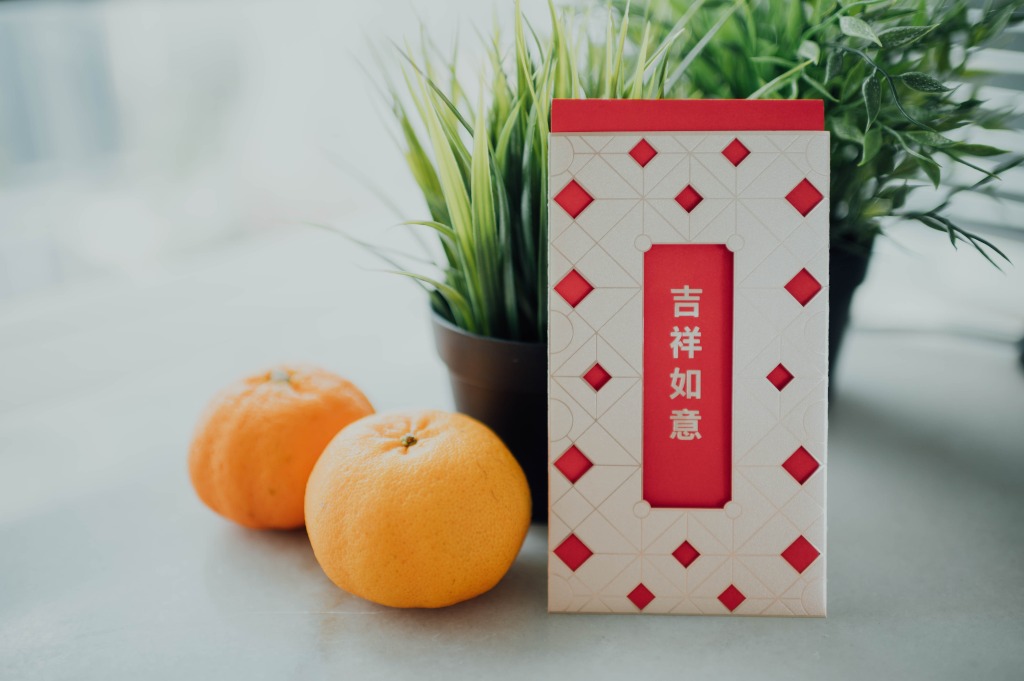
Transracial Adoption Opened My Eyes to My Own Privilege
I’m a white lady who grew up in a white world and married a white man with a similar background. Though I feel like I’ve always had a passion for helping the marginalized and oppressed, I didn’t fully understand the privilege afforded to me by the color of my skin until the past few years.
Even though I have made a concerted effort to listen to the voices of people who don’t look like me and learn about history, I still don’t consider myself an expert. While many white people have experienced poverty, injustice, bullying, and other unfortunate circumstances, the color of our skin has not made these things worse. Failing to acknowledge this and address it in transracial adoptions does a major disservice to our kids.
I plan to dig into this more and provide additional resources in the future, but for now, I recommend this article from Time about parenting a child of a different race as a good way to dip your toes in the water.
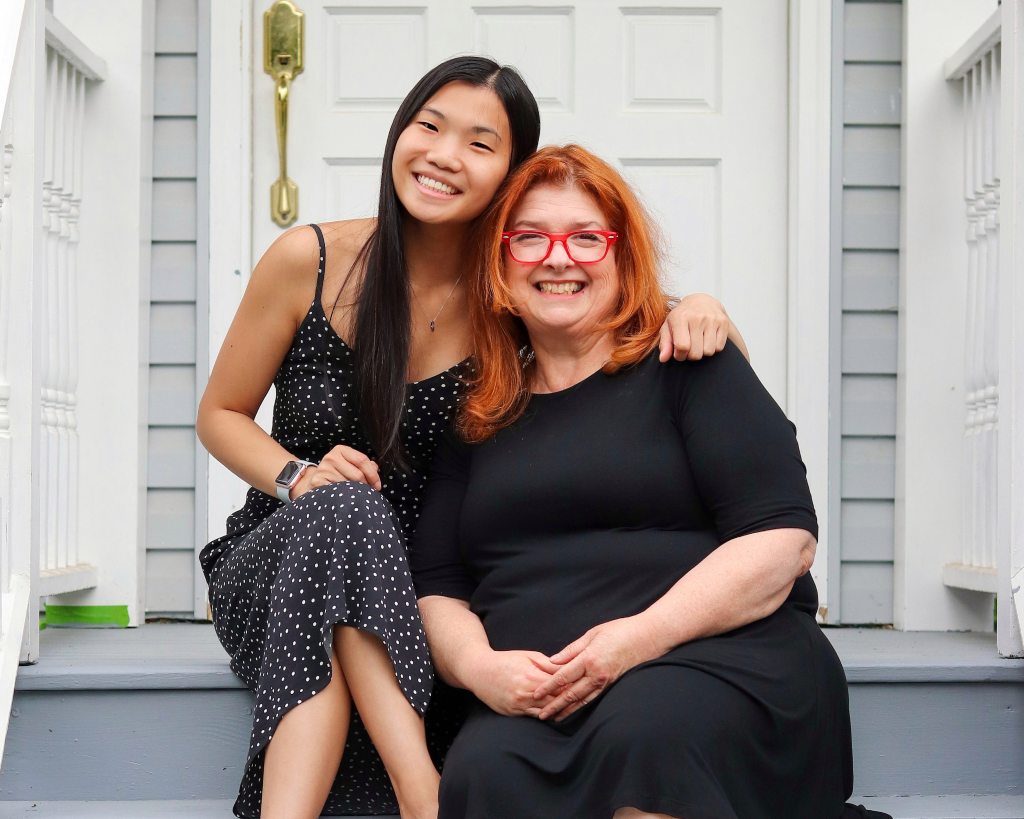
Listen to Adoptee Voices
If your defenses are up after my last point, then I ask you to really lean into this lesson. Adoptee voices are a critical resource when approaching adoptive parenting. Sure, there is a lot to be gleaned from talking to fellow adoptive parents and professionals. But talking about adoptees instead of to them can reinforce practices that are damaging to our kids.
I believe adoption agencies should require prospective adoptive parents to interview adult adoptees in their home study process. Hearing success and horror stories about how birth families and circumstances were shared, the guilt adoptees often feel about disappointing their parents, the lack of a sense of belonging, and more from the mouths of adoptees should leave an impact on parents.
While every adoptee is different, we need to pay attention to recurring themes and do better. We must denounce the conscious and unconscious thoughts that as adoptive parents we are giving our kids a “better life” and they should be “grateful” for it. It’s our job to provide racial/cultural mirrors to fill in the gaps in experience we’ll never fully understand. Listening to adoptees’ lived experiences is a great way to open ourselves up to the potential flashpoints and makes us better parents.
While I don’t know these folks personally, I have found Christina Romo (@diaryofanadoptee), Cam Lee Small, MS, LPCC (@therapyredeemed), and Amanda Medina (@thisadopteelife) to be great follows on Instagram. Let me know of others in the comments section!
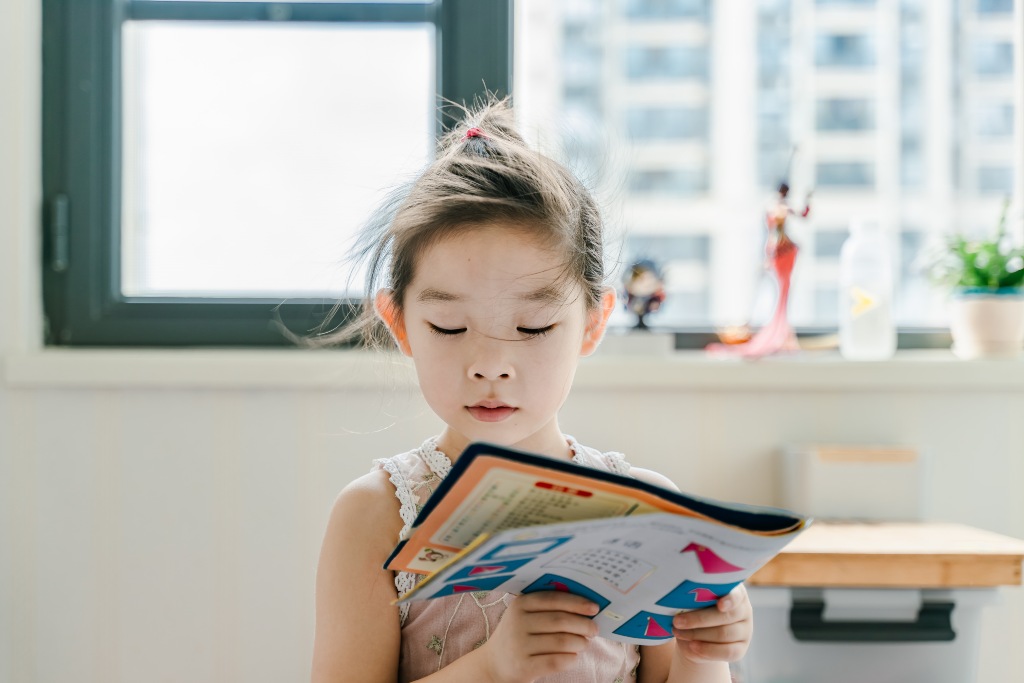
Love is Not Enough
The Beatles song All You Need is Love is just one of many songs that allude to love being the answer to all kinds of relationship problems. If only it were that easy. When it comes to adoption, love as a fuzzy feeling is not enough to overcome deep-seated trauma and other challenges. Action is required.
Did you know that adopted children are up to four times more likely to attempt suicide than their peers? Or that they are twice as likely to have substance abuse issues? Or there is a higher prevalence of other mental health conditions? It is also common to see issues with speech, motor skills, eating, learning, attachment, and identity (read more on these here). These are things that need more than just a loving parent. They need parents who recognize their limitations and seek out the right professionals to assess and treat complex problems.
I knew some of these things were possible going into adoption, but I hope we can normalize intervention and seeking help for future adoptive parents. Therapy for developmental delays or mental health should not be seen as a last resort but as a first-line option before major problems appear.

Not Everyone Should Adopt…At Least Not Right Away
My intent with articles like this is not to scare people away from adoption. Though it isn’t perfect, adoption is needed and there are so many beautiful stories surrounding it. That said, perhaps the biggest thing I have learned as an adoptive parent is that everyone isn’t cut out to do it. Don’t get me wrong—there are lots of kids who need families. And I wholeheartedly believe that God equips those he calls.
Maybe you read through my points above and think your child will be the exception. Or you have trauma in your own life you haven’t worked through. Or your motives are questionable. Perhaps your spouse isn’t on board and you think they’ll come along eventually. Maybe you don’t see why it’s important to listen to adoptees or provide racial/cultural mirrors.
I’m by no means an expert and all families are different. But I plead with you to really examine what makes you bristle from this list and why. You won’t ever be perfectly prepared, but you can avoid a lot of heartache if you learn from my mistakes. Make sure you have a reputable home study provider and international adoption agency that provide support and training. Do your research and talk to people who think differently than you about their experiences. Know who you will reach out to for medical, developmental, psychological, and educational support should the need arise.
Parenting is hard, yet one of the most rewarding things we can do. Thankfully, we can learn from the experience of those who have gone before us to make better choices for our kids. I hope that this list of things I wish I knew before adoption helps your family.
Did anything surprise you about this list? What would you add? Feel free to email me or leave it in the comments below.
Get 101 Adoption Fundraising Ideas Today!
Need creative ideas to fund for your adoption? My free list of 101 Adoption Fundraising Ideas has something for everyone! From unique ideas to events to virtual fundraisers, you'll find the perfect fit for your family.
As an Amazon Associate I earn from qualifying purchases.
This post contains links to third party companies. I may receive a small commission if you purchase any of these items. Please know that I only recommend and endorse products that I think will be of value to my readers.

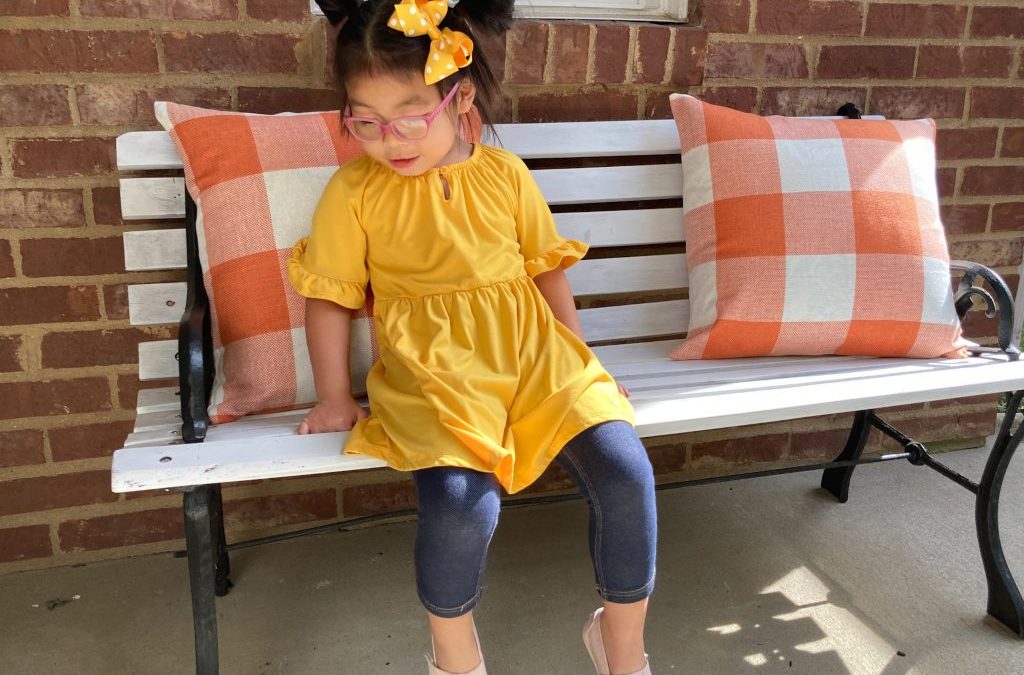
 Hi! I'm Jessica! I help people fund adoptions, navigate parenting, save money, and enjoy the good things in life.
Hi! I'm Jessica! I help people fund adoptions, navigate parenting, save money, and enjoy the good things in life. 